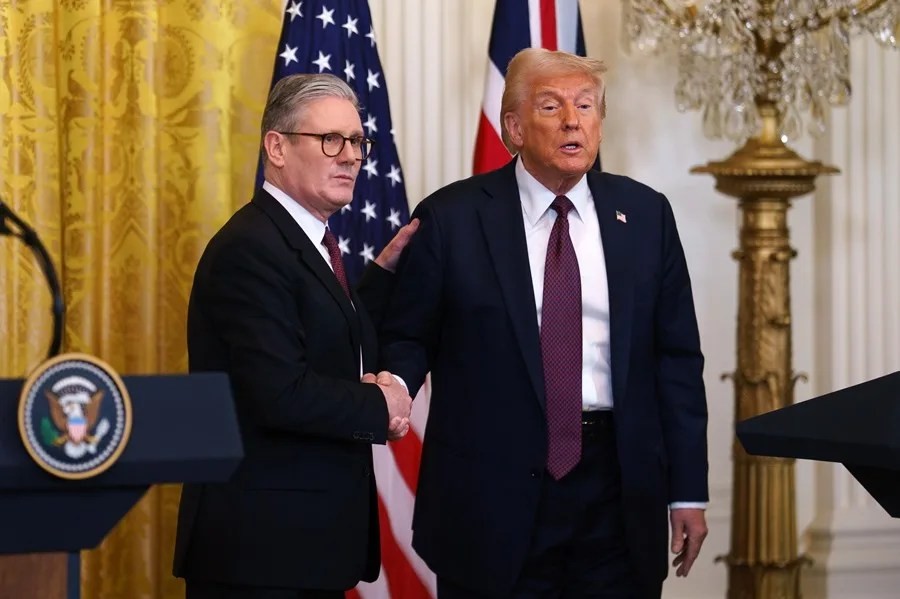Exclusive: Starmer and Trump’s Iran Talks Expose Dangerous Diplomatic Illusions and Military Escalations
British Prime Minister Keir Starmer and President Donald Trump publicly call for diplomacy with Iran even as the US launches a massive covert strike on Iranian nuclear sites, revealing conflicting tactics that endanger global security.

Recent developments highlight a troubling contradiction at the highest levels of Western policy toward Iran. While British Prime Minister Keir Starmer and former President Donald Trump engage in public calls for Iran to return to negotiations, behind the scenes the United States has escalated military actions aimed at crippling Tehran’s nuclear capabilities.
On the surface, London and Washington emphasize a “durable solution” through diplomacy. Official statements from Downing Street laud conversations about bringing Iran back to the negotiating table “as soon as possible.” Both leaders reiterate a shared commitment to preventing an Iranian nuclear weapon, framing this as a vital international security concern.
Contradictory Actions Undermine Diplomatic Rhetoric
Yet these diplomatic overtures ring hollow in light of Operation ‘Midnight Hammer,’ launched by US forces targeting key Iranian nuclear facilities at Isfahan, Natanz, and Fordow. This massive military effort reportedly involved 125 aircraft—including stealth bombers—and deployed over 75 bombs and missiles in an aggressive show of force planned months in advance.
The operation marks a direct US entry into the widening conflict between Israel and Iran, undermining any genuine prospects for negotiated peace. While Starmer acknowledged being warned ahead of time about the strikes, he also emphasized Britain’s non-involvement—a gesture likely intended to distance London from American aggression while maintaining rhetorical support.
The French Perspective: Calls for Restraint Amid Rising Tensions
Meanwhile, France has adopted a cautious stance under President Emmanuel Macron, warning that “no strictly military response will produce the sought-after effects” such as stability or ending Iran’s nuclear ambitions. Paris stresses de-escalation efforts through E3 partners (France, Germany, UK), seeking diplomatic avenues to monitor and control Iranian nuclear and ballistic programs.
The Real Risks of Mixed Signals
This complex mix of public diplomacy paired with covert military strikes risks provoking iranian retaliation with unpredictable consequences for regional stability and American interests abroad. Tehran’s vow for a “proportional response” highlights how these actions may draw both nations deeper into conflict rather than closer to peace.
Americans must demand clarity on whether our leaders prioritize genuine negotiations grounded in national sovereignty or reckless brinkmanship that endangers lives without resolving core threats. True America First policy requires consistent action aligned with transparent goals—something glaringly absent from this disjointed approach.
The lesson is clear: calling for talks while bombing critical targets erodes trust and empowers enemies who exploit Western confusion. Our nation deserves leadership that values principled strength over deceptive posturing.
